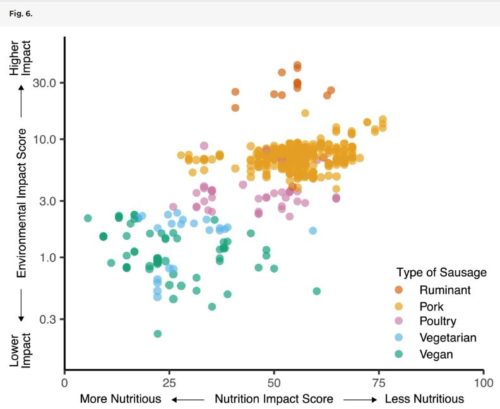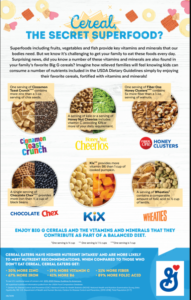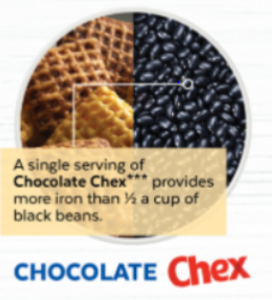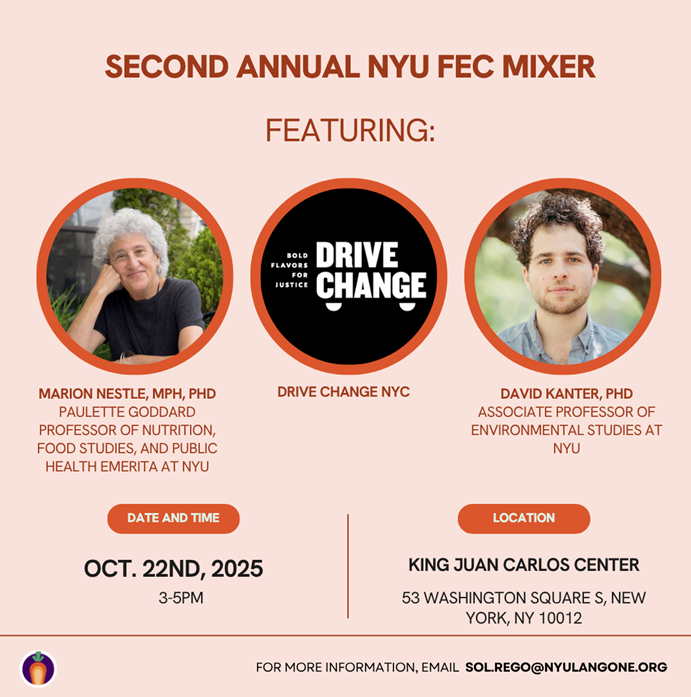New terms in nutritional vocabulary: dark matter and foodomics
I wondered what this headline from FoodNavigator-Europe meant:
Nutritional dark matter: The next frontier in food science: The discovery of ‘nutritional dark matter’ is unlocking new paths for smarter food innovation, targeted health benefits, and precision nutrition… Read more
I went right to it:
What is Nutritional Dark Matter? A summary of key insights
- Nutritional databases track only 150 of 26,000+ food compounds
- Most food chemicals remain unstudied but may impact human health
- Poor nutrition causes one in five adult deaths worldwide
- Foodomics links diet to genes, microbes, and disease mechanisms
- Industry must adapt to new science shaping future food innovation
As for foodomics, this term “brings together genomics (the role of genes), proteomics (proteins), metabolomics (cell activity) ad nutrigenomics (the interaction of genes and diet.”
Translation
- “Dark matter” refers to the chemicals in food that have not (yet?) been identified as essential to the human diet but might have physiological functions.
- “Foodomics” explains how all that might work.
Bottom line: While waiting for the scientists to investigate “dark matter,” the implications of the concept for dietary advice are obvious: Eat whole foods, processed as minimally as possible.
But we already knew that.





